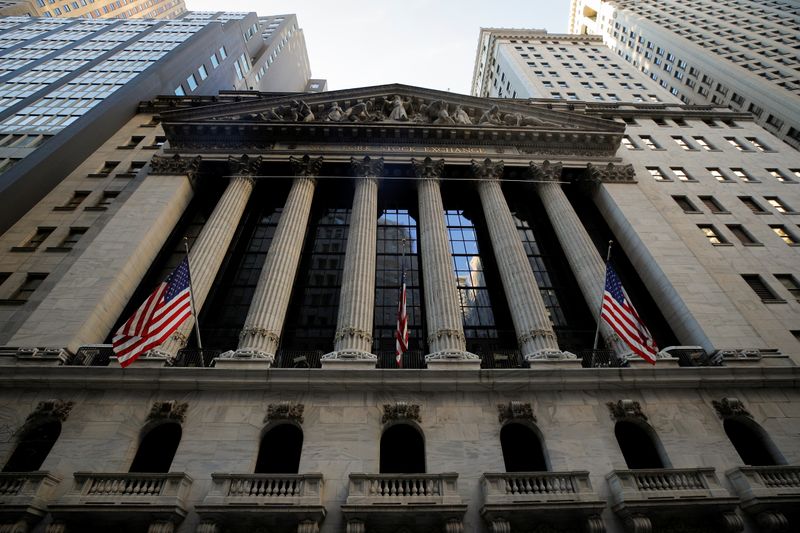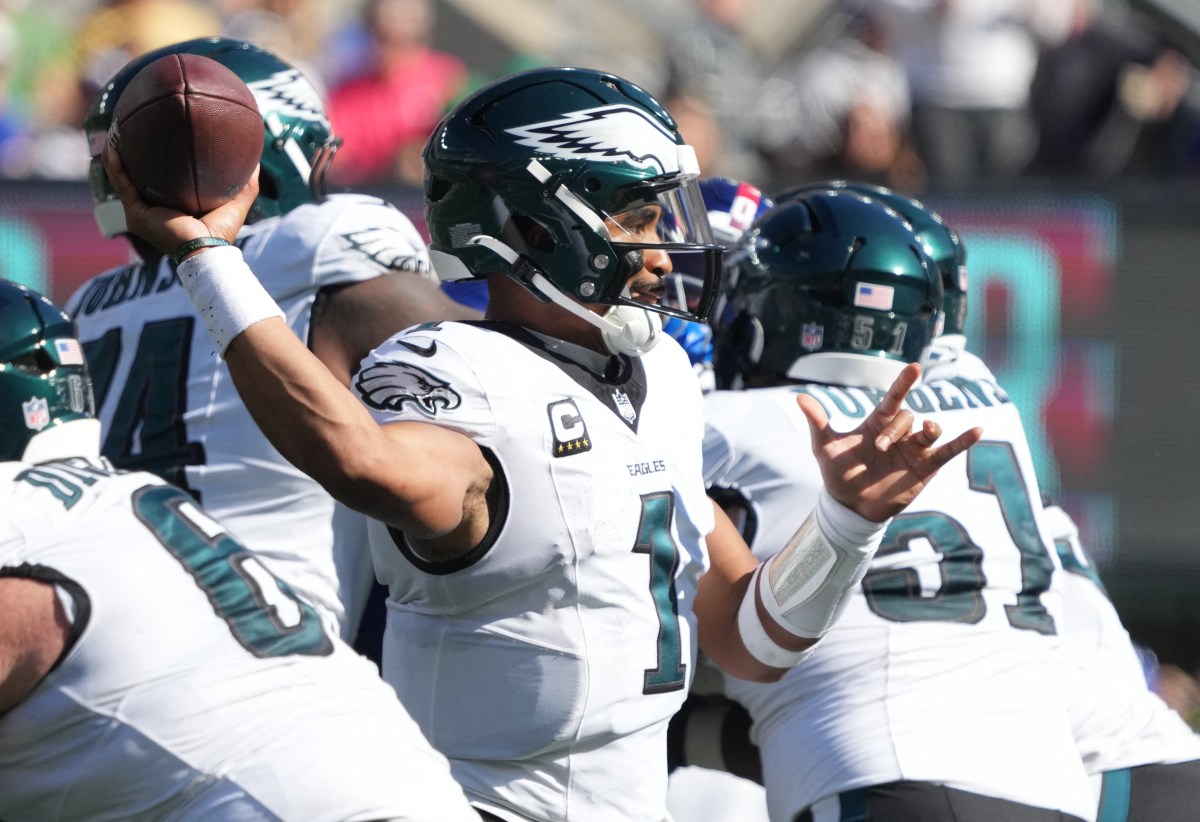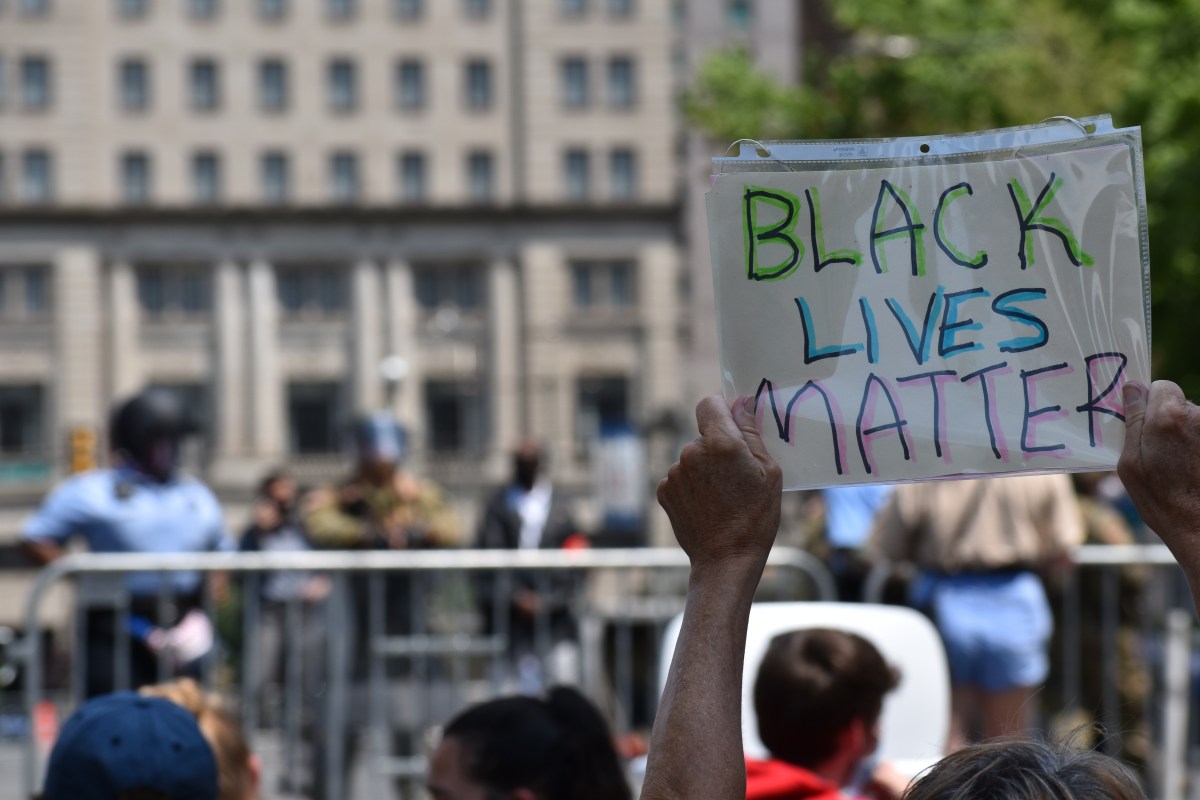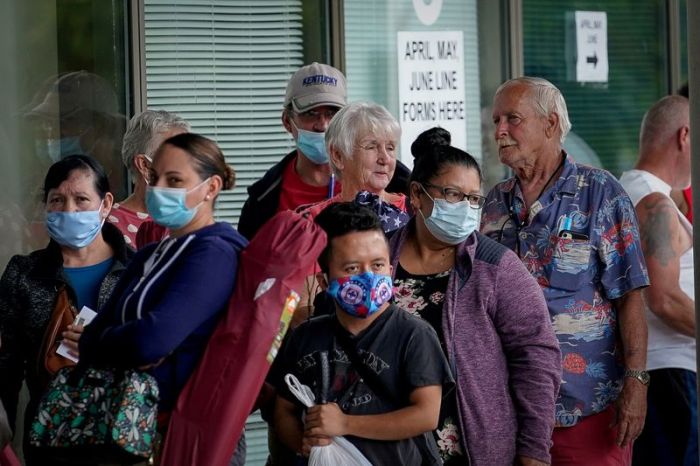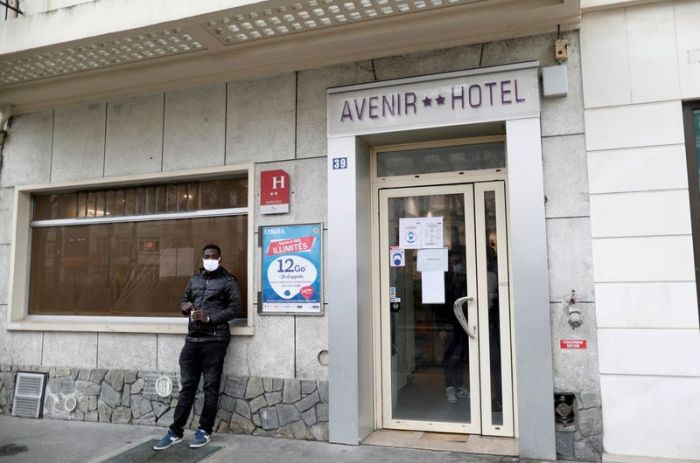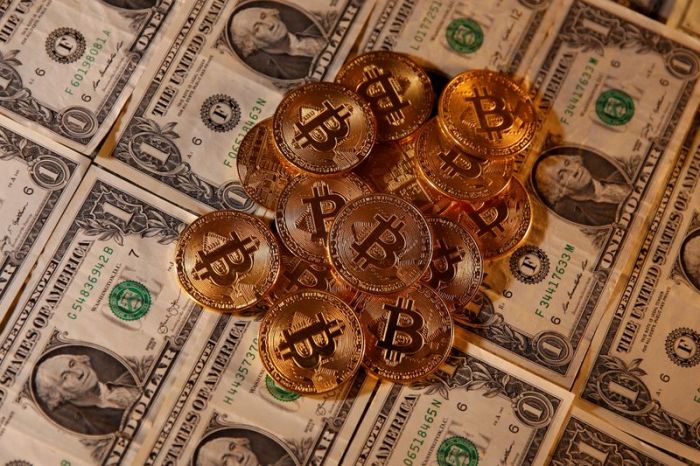(Reuters) – The Nasdaq Composite Index closed at a record high on Thursday, lifted by Tesla Inc , while the S&P 500 fell after a report that Pfizer Inc had slashed the target for the rollout of its COVID-19 vaccine.
Tesla surged 5% after Goldman Sachs upgraded the stock to “buy” in the run-up to the electric car maker’s addition to the S&P 500 index.
Tesla was Wall Street’s most traded stock by value, with about $25 billion worth of shares exchanged, according to Refinitiv data, more than double Boeing, in second place.
The widely followed S&P 500 fell from all-time highs late in the session after the Wall Street Journal reported that Pfizer faced supply chain obstacles related to the vaccine, sending its stock down 1.7%.
Progress in developing a working COVID-19 vaccine before the end of the year has driven Wall Street’s main indexes to record levels in recent days. Despite the economic destruction caused by the pandemic, the S&P 500 has gained about 13% in 2020.
“It was the Pfizer news that cut into earlier gains,” said Peter Cardillo, chief market economist at Spartan Capital Securities in New York.
“We’re in a year-end Santa rally, but it’s going to be a muted one. Stimulus hopes are back in the market and it looks like we might get something before year-end, which the economy desperately needs.”
First-time U.S. claims for jobless benefits fell last week, but remained extraordinarily high at 712,000, while a separate survey showed U.S. services industry activity slowed to a six-month low in November.
“I don’t think we will see those numbers start to get back to normal until we start to see a rollout of a vaccine,” said Sal Bruno, chief investment officer at IndexIQ. “The market is discounting that and saying we are looking forward to the first or second quarter and a rollout of the vaccine to the general population.”
U.S. Senate Majority Leader Mitch McConnell cited some positive movement in congressional efforts to reach a compromise on a new coronavirus aid bill but gave no hints on when such a deal could be struck.
Boeing Co jumped after budget airline Ryanair ordered 75 additional 737 MAX jets with a list price of $9 billion, throwing a commercial lifeline to the embattled U.S. planemaker.
Six of 11 S&P 500 sector indexes rose, led by a 1% gain in energy.
The Dow Jones Industrial Average rose 0.29% to end at 29,969.52 points, while the S&P 500 lost 0.06% to 3,666.72.
The Nasdaq Composite climbed 0.23% to 12,377.18.
Broad vaccine optimism helped lift the S&P 1500 airlines index 4%. Cruise operators Carnival Corp and Norwegian Cruise Line Holdings Ltd both surged more than 8%.
Cloud-security provider Zscaler Inc rallied over 26% after it reported better-than-expected first-quarter revenue and adjusted profit.
Volume on U.S. exchanges was 11.5 billion shares, compared with the 11.7 billion average over the last 20 trading days.
Advancing issues outnumbered decliners on the NYSE by a 2.02-to-1 ratio; on Nasdaq, a 1.51-to-1 ratio favored advancers.
The S&P 500 posted 34 new 52-week highs and no new lows; the Nasdaq Composite recorded 174 new highs and seven new lows.
(Additional reporting by Shriya Ramakrishnan and Medha Singh in Bengaluru; Additional reporting by Caroline Valetkevitch in New York; Editing by Richard Chang)

